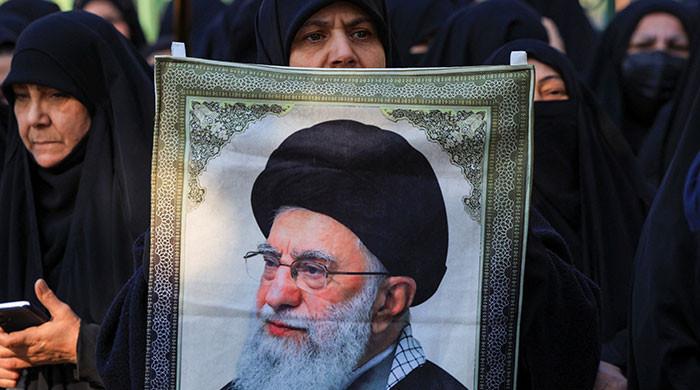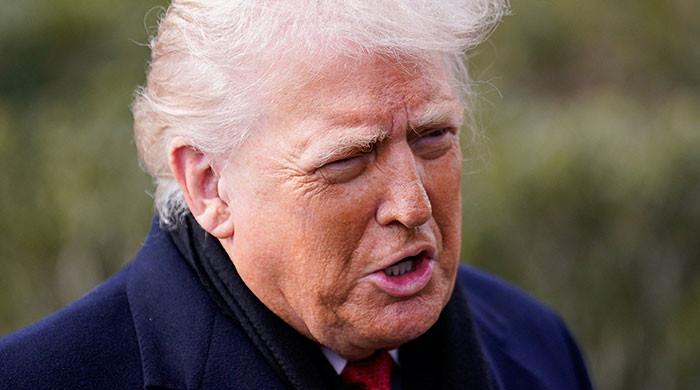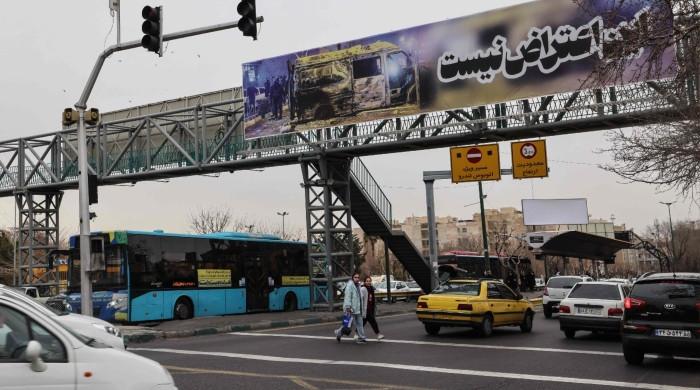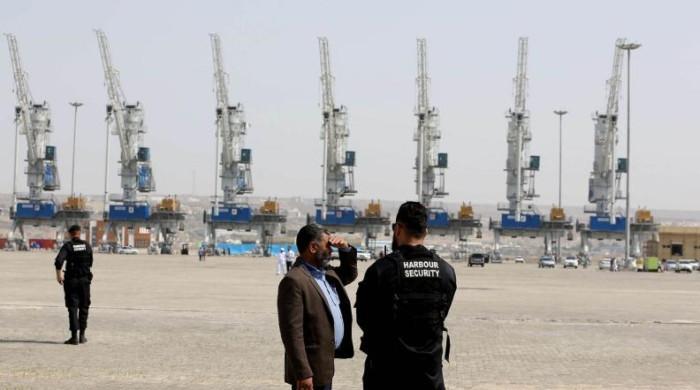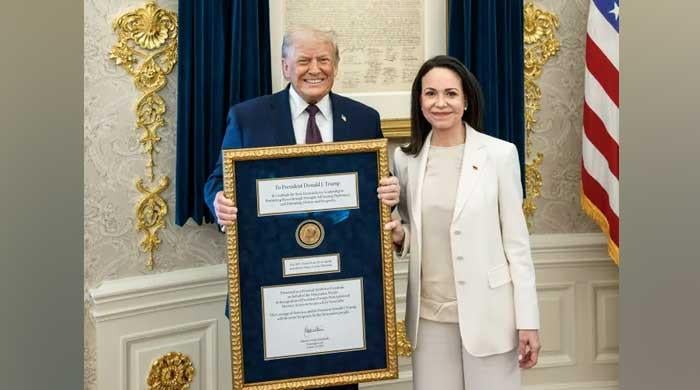Turkiye will never give Israel coveted ancient stone: Erdogan
Erdogan accuses Netanyahu of "spewing hatred" at Turkiye for not returning the Silwan inscription
September 19, 2025
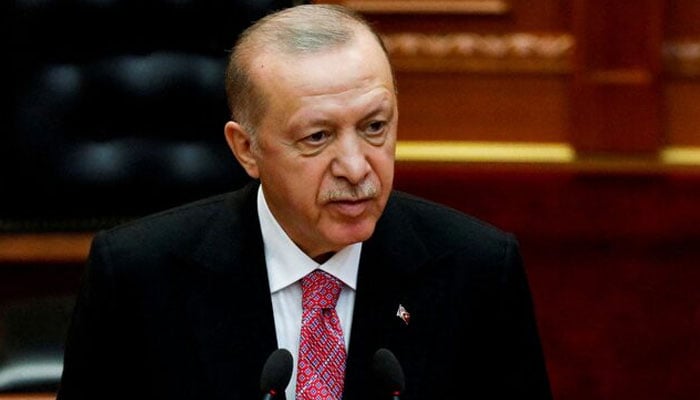
Turkiye will never hand over to Israel a coveted Biblical-era ancient inscription that was found in a tunnel beneath Jerusalem during Ottoman times, President Recep Tayyip Erdogan said on Friday.
He was referring to the so-called Siloam or Silwan inscription, a Hebrew tablet dating back 2,700 years, which is currently held in Istanbul’s archaeology museum.
The issue sparked a fresh bout of diplomatic sparring on Monday when Prime Minister Benjamin Netanyahu told how his efforts to retrieve the artefact in 1998 were rebuffed— on the grounds that it would "outrage" the Islamist constituency headed by Erdogan, who was Istanbul’s mayor at the time.
Speaking on Friday, Erdogan accused Netanyahu of "spewing hatred" at Turkiye "for not returning the Silwan inscription, a legacy of our ancestors".
"Jerusalem is the honour, dignity and glory of all humanity and all Muslims... yet he shamelessly continues to pursue the inscription: we won’t give you that inscription, let alone a single pebble from Jerusalem," he said.
The inscription was discovered in the late 19th century inside the Siloam tunnel, an ancient aqueduct underneath Jerusalem.
The limestone tablet, which describes how the tunnel was built, was found in 1880 when Jerusalem was part of the Ottoman Empire and taken to Constantinople, now Istanbul, where it has remained ever since.
For Israel, the inscription is a key element of historical proof demonstrating Jewish presence in Jerusalem that it has wanted to obtain for years.
Speaking on Monday at the inauguration of a newly-excavated ancient road under Silwan, a densely populated Palestinian neighbourhood in occupied and annexed east Jerusalem, Netanyahu described the inscription as one of Israel’s "most important" archeological discoveries after the Dead Sea Scrolls.
Relating a conversation with then Turkish premier Mesut Yilmaz in 1998, Netanyahu said he had offered him a wealth of Ottoman artefacts.
"I said: we have thousands of Ottoman artefacts in our museums.. Let’s do an exchange. And he said, no, I’m sorry, I can’t. I said: take all the artifacts in our museums. And he said, no, I can’t do that," the Israeli leader recounted.
‘Turkish PM feared backlash’
He then quoted Yilmaz as saying there was "a growing Islamist constituency headed by Erdogan and it would cause "outrage" if Turkiye
"would give Israel a tablet that would show that Jerusalem was a Jewish city 2,700 years ago".
"Well, we’re here. This is our city. Mr Erdogan, it’s not your city, it’s our city. It will always be," Netanyahu said.
He appeared to be referencing remarks by Erdogan in a 2020 speech to lawmakers when he described Jerusalem as "our city, a city from us", emphasising Turkiye’s historic ties to the city that spent two centuries under the Ottoman Empire.
Erdogan, whose relationship with Israel has nosedived over the Gaza war, hit back on Wednesday, dismissing Netanyahu’s "tantrums" and pledging: "We as Muslims will not step back from our rights over East Jerusalem."
Jerusalem’s historic Old City houses holy sites revered by Jews, Muslims and Christians.
It is a frequent site of tension and violence, which is at the heart of the Israeli-Palestinian conflict.




